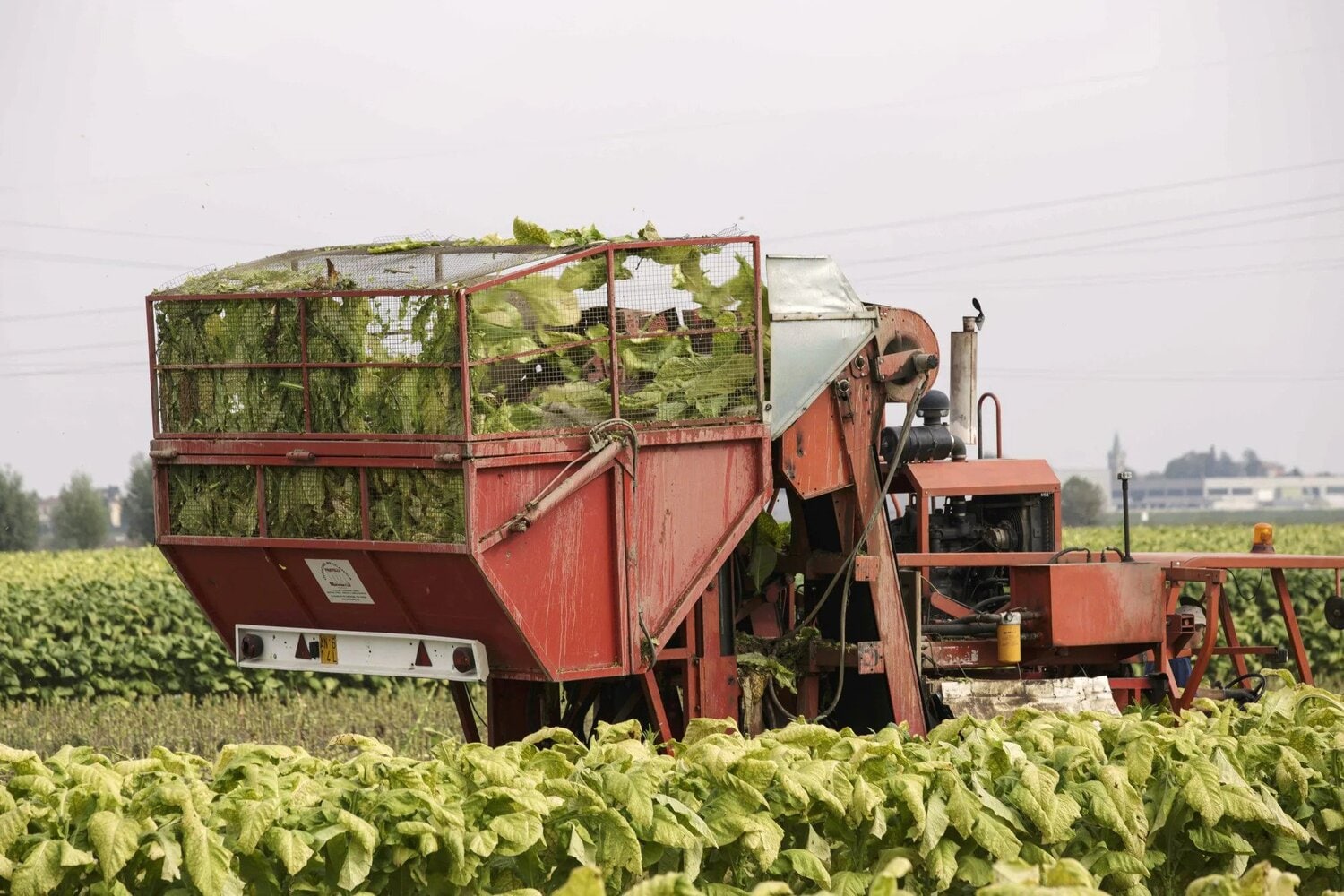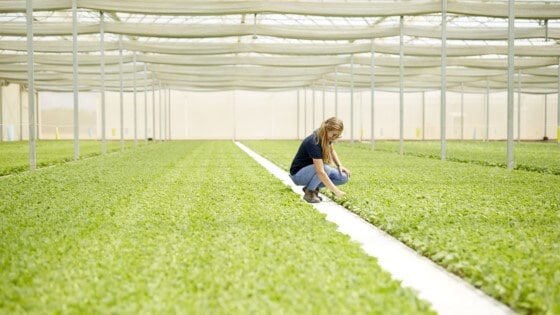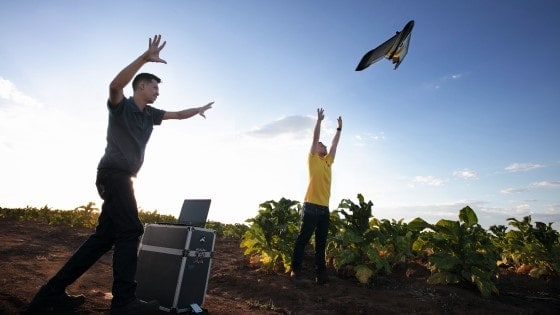Since the early 2000s, Philip Morris International (PMI) has supported the development of innovative agricultural management models. On March 28, 2019, it’s affiliate, Philip Morris Italia, signed a Memorandum of Understanding for the enhancement and sustainability of Italian tobacco cultivation, with investments of up to €500 million for the purchase of the best tobacco leaf and innovation in the supply chain.
The agreement is the highest investment in the sector by a private company. It is aimed at the purchase of Italian tobacco leaf and to the enhancement, innovation, and sustainability of the tobacco chain, which is the most important in Europe, with over 50,000 employees in the cultivation and primary transformation phases.

Speaking about the agreement, Eugenio Sidoli, Chairman Philip Morris Italia, said: “We are proud to confirm our historic strategic collaboration with the national authorities for the sustainability of the tobacco chain. With the agreement signed today, we are committed to guaranteeing, together with the Italian Government, a sustainable future for about a thousand small and medium enterprises that represent a case of excellence in the European panorama.”
A fundamental part of the agreement will be the application of PMI’s guidelines on "Sustainable Tobacco Production" (STP) and of the code of "Good Agricultural Labor Practices" (ALP). The company is committed to continuing the collaboration with Italian farmers through training sessions on the most advanced methods of tobacco cultivation. This will support the implementation of pilot projects for the introduction of innovative technologies in cultivation practices.
We are committed to guaranteeing, together with the Italian Government, a sustainable future for about a thousand small and medium enterprises.
Eugenio Sidoli
Chairman Philip Morris Italia
Particular attention will be paid to the sustainability of the production processes, with the promotion of alternative energies for the reduction of CO2 emissions deriving from the supply of tobacco care ovens, and the testing of complementary activities that can allow an income integration for growers.
A joint effort to promote actions against illegality will also be another significant element of the agreement. This will help to combat illicit trade in raw tobacco and finished products, as well as the fight against illegal work. There will be active involvement from the Ministry of Labor and Social Policies, Professional Organizations in the Sector, Workers' Union Organizations, and the main Tobacco Regions.



